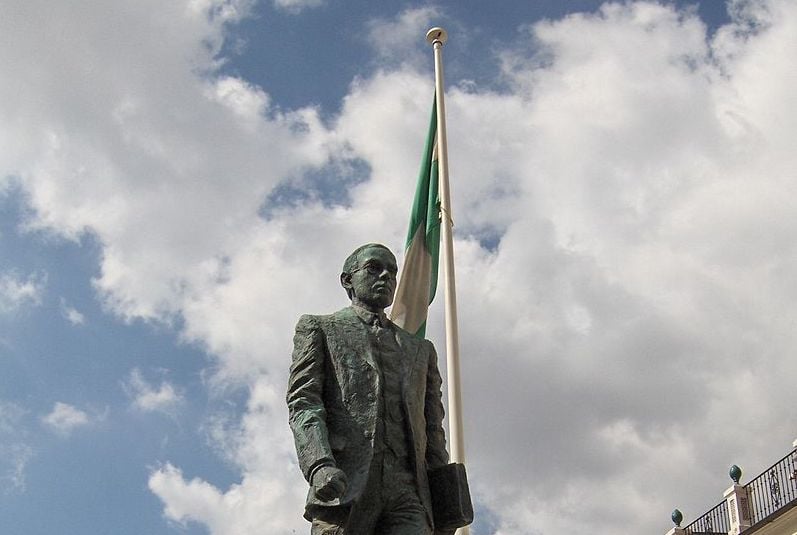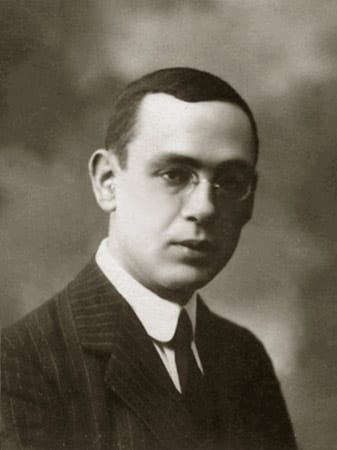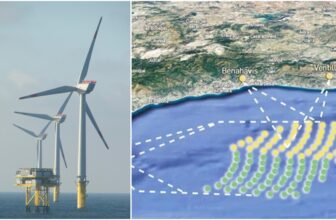
BLAS Infante Perez de Vargas had just turned 51 when he was executed on the dusty road to Carmona, a casualty of Spain’s descent into civil war.
Born on July 5, 1885 in the hilltop village of Casares, dramatically set between Gaucin and Estepona, Infante’s life and death still cast a long shadow over Andalucia. This summer marks the 140th anniversary of his birth – a fitting moment to remember the man now known as the ‘Father of Andalucia’.
A principled and determined young man, Infante grew up in modest surroundings. Financial hardship barred him from attending the University of Granada, so he educated himself independently. He passed his law exams in 1906 as a private student and qualified as a Notary Public in 1909 – a role that in Spain is held in high esteem, unlike its largely honorary counterpart in Britain.
Though politically active, Infante was not a radical. Rather, he was a regionalist with a clear vision: that Andalucia had its own identity, culture and historical legacy – one that deserved to be recognised and respected. He did not call for independence, nor did he support the separatist movements in Catalunya or the Basque Country. His loyalty was firmly to Andalucia, which he saw as a unique crossroads where Europe and Africa had once met and thrived.
In an era when Spain often turned its back on its Islamic past, Infante urged a different path. He argued that the legacy of Al-Andalus – its art, agriculture, language, and music – was something to be celebrated, not hidden. In flamenco, in local dialects, and even in rural customs, he saw echoes of that era.

In January 1918, Infante organised a landmark assembly of southern intellectuals in the Casino of Ronda. There, he presented designs for a green-and-white Andalucian flag and a regional anthem. Both were enthusiastically adopted. That meeting marked the birth of Andalucian regionalism, and Infante its symbolic patriarch.
He went on to found the Centros Andaluces, cultural centres aimed at spreading his message, and later the Junta Liberalista, a political platform promoting decentralisation and regional autonomy within Spain. His book Ideal Andaluz, published in 1915, laid out his vision in detail.
But the political climate in Spain was hardening. Between the two world wars, authoritarian and ultra-nationalist sentiment grew. Reactionaries bristled at the rise of democracy and the increasing assertiveness of Spain’s regions. Where some saw Infante as a visionary intellectual, others – especially on the far right – painted him as a dangerous subversive.
READ MORE:
When civil war broke out in July 1936, Sevilla was one of the first cities to fall to Franco’s forces. Infante, living nearby in Coria del Rio, was arrested on August 2. He was held without charge, denied any legal process, and on August 11, driven a few kilometres outside the city and executed by firing squad. According to some witnesses, his final words were ‘¡Viva Andalucia libre!’ – Long live free Andalucia.
Today, near Sevilla’s airport, a monument stands at the site of his execution. The inscription is simple: “Father of Andalucia”.
His dream – of a pluralist, self-aware, and culturally confident Andalucia – did not die with him. Though long silenced under Francoist rule, his ideas re-emerged after Spain’s return to democracy.
In 1981, Andalucia was officially recognised as an autonomous community, and its flag and anthem – both drawn from Infante’s designs – were formally adopted.
Blas Infante remains a symbol not of division, but of dignity: a man who imagined a richer, more inclusive Spain. Stoic in life, dignified in death, he belongs not just to Andalucia, but to the conscience of a nation still grappling with its past.
Click here to read more Spain News from The Olive Press.






